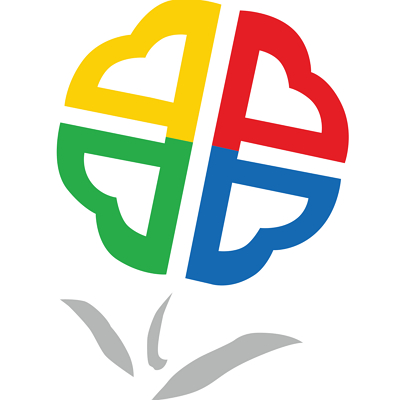
New Taipei City Government
Situated in the northern part of Taiwan and surrounding the country’s capital, New Taipei City has an estimated over 4 million population and an area of 2052 km2. Given its geographical advantages, today’s New Taipei City is a major city of business industries second to Taipei City, with over 250,000 privately owned companies and 20,000 factories, which sums up to a total capital of NTD 1.8 Trillion. The high-tech industry alone generates annual revenue of NTD 4 Trillion. High technology, service, and tourism are all parts of the major industries in New Taipei City, prompting a high need of job search from all over the country with abundant employment opportunities. As a result, 70% of the population comes from different parts of Taiwan.
New Taipei City has been on a mission, laying stress on the importance of raising global competitiveness by working close on industrial, cultural, tourism, transportation and city developments in order to go with the global trend and further to transform into an international city.
New Taipei City uses smart programs to build a smart city
Solution Description
To embrace the technology era, the New Taipei City Government Information Center has launched various projects, comprehensively leveraging smart technologies to transform New Taipei into an energetic, vibrant city:
1. Smart Poles: Integrate AI analytics, environmental sensors, and AR applications on pole structures to enhance smart city infrastructure.
2. Cybersecurity Alliance: Pioneered cybersecurity alliance system and lab to strengthen cybersecurity defenses and establish unified management platform for cybersecurity capabilities.
3. NewTaiPAY: Promote digital economy and net-zero carbon through mobile payment platform that rewards citizens with NewTaiPAY for engaging in municipal interactivity.
4. Smart Community and Smart Neighborhood Representatives: Improve community management through technology tools in smart communities; provide real-time services to villagers via IM, such as LINE, official accounts for the Representatives.
5. Free Computer Courses: Offer information technology courses to shorten digital divide and achieve digital equality among citizens.
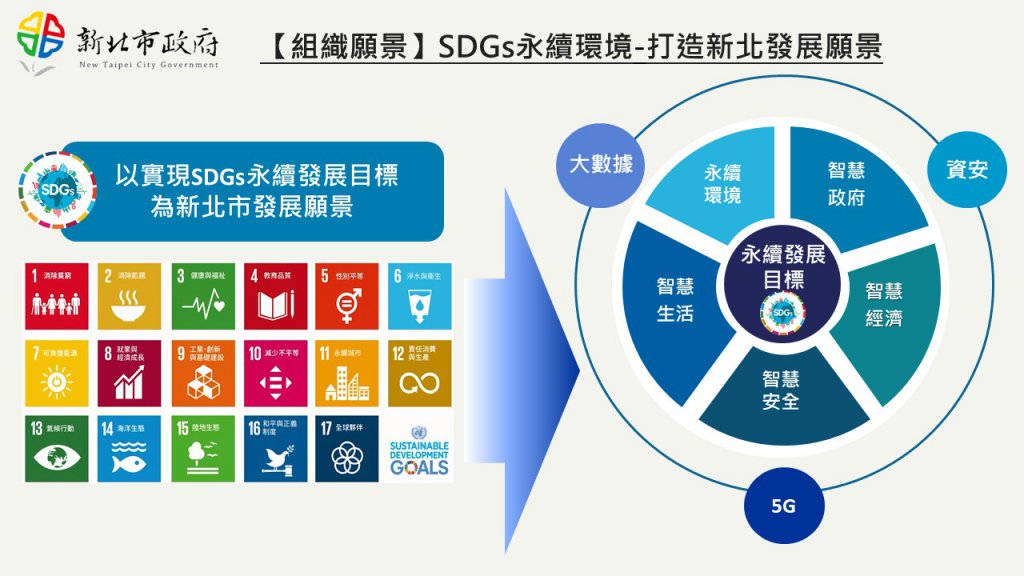
Download
Solutions
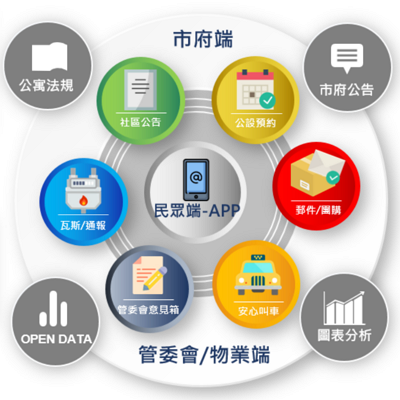

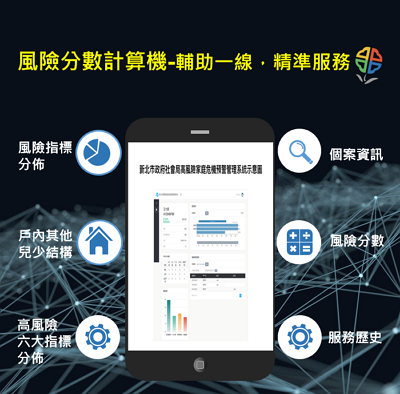

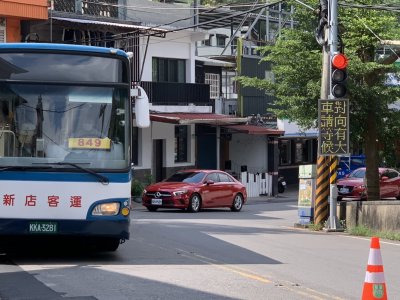

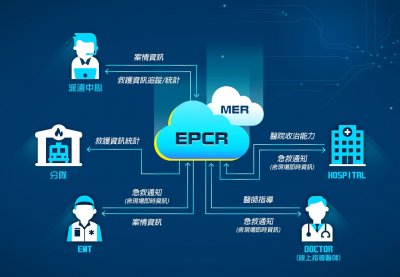

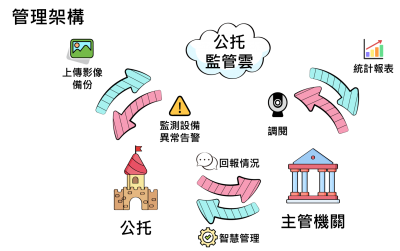

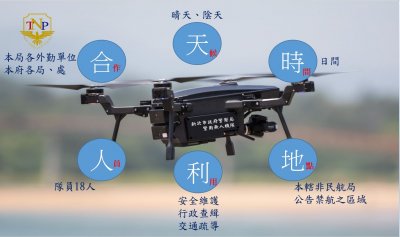

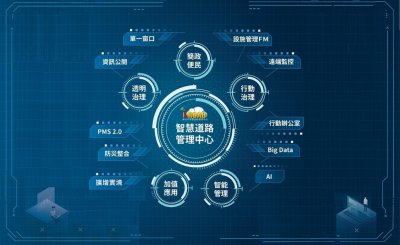

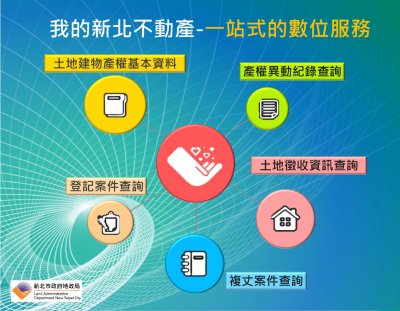

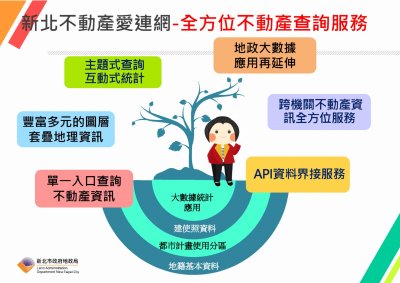

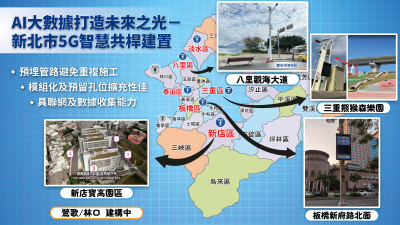

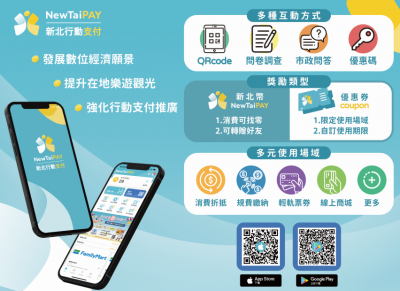


 、Firefox
、Firefox  、Edge
、Edge  瀏覽器!
瀏覽器!